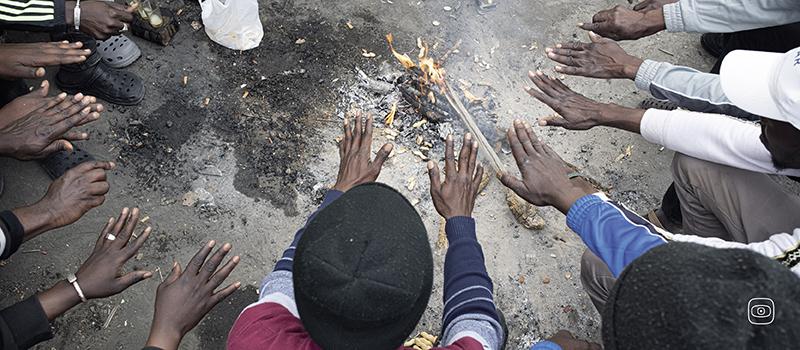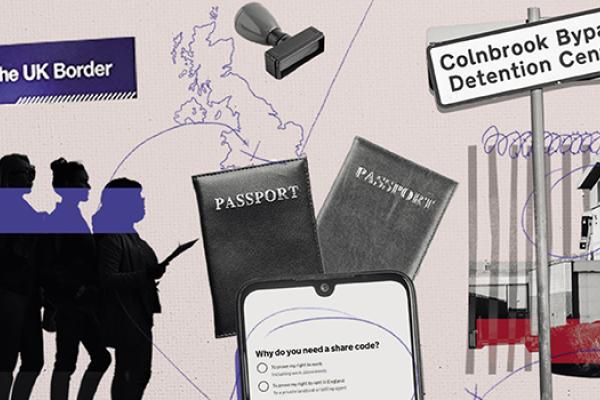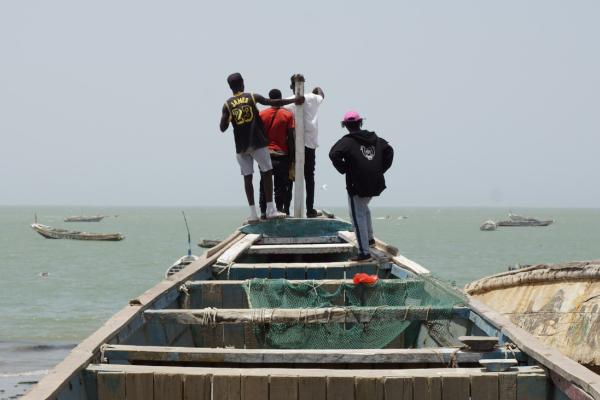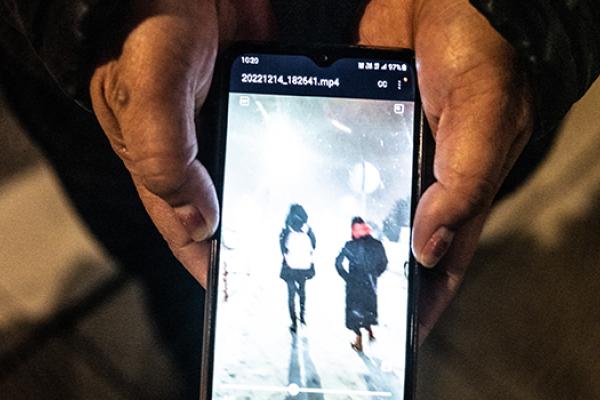The journalistic team focused on southern European entry points and documented extensive evidence revealing a significant discrepancy between policy rhetoric and implementation reality.
The investigation establishes that torture is rife along migration routes, particularly through Libya, where traffickers systematically use torture to extort money from victims' families, often broadcasting live footage to secure ransom payments. Despite this well-documented practice, the research reveals that European reception systems lack the specialised training and resources necessary to identify and support survivors of trauma, many of whom have severe trust issues that prevent them from disclosuring their experiences.
The investigation, which analysed the allocation of European migration funding, demonstrated a fundamental misalignment between the available resources - predominantly directed towards language training and labour market integration - and the comprehensive psychological support required for trauma recovery. The research highlights Italy's particular reliance on underfunded non-profit organisations to provide specialised care, which creates unsustainable gaps in service delivery.
The investigation highlights key definitional inadequacies in European frameworks, contending that traditional definitions of torture do not adequately capture the systematic violence that migrants experience during transit. The team introduces the analytical concept of 'torturing environments' to describe institutional conditions within European systems, particularly in Spain, that perpetuate trauma by treating already vulnerable populations in an unsafe and deliberately stressful manner.
This investigation reveals the contradictions in Europe's approach to humanitarianism, highlighting its failure to address the long-term consequences of systematic torture against migrant populations.
Photo credit: Hanna Jarzabek





